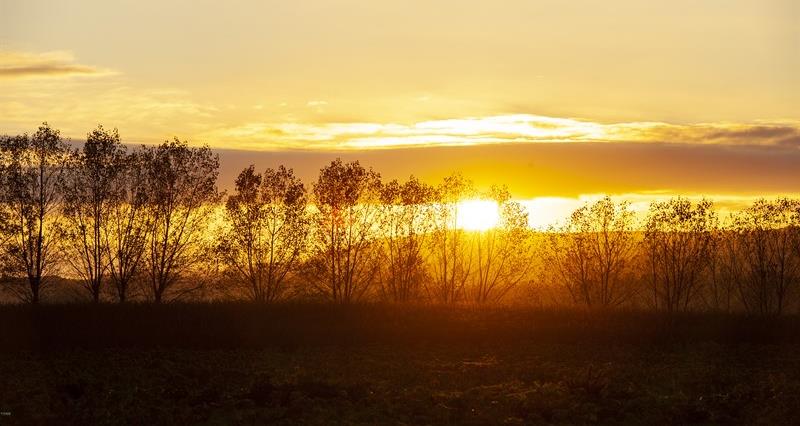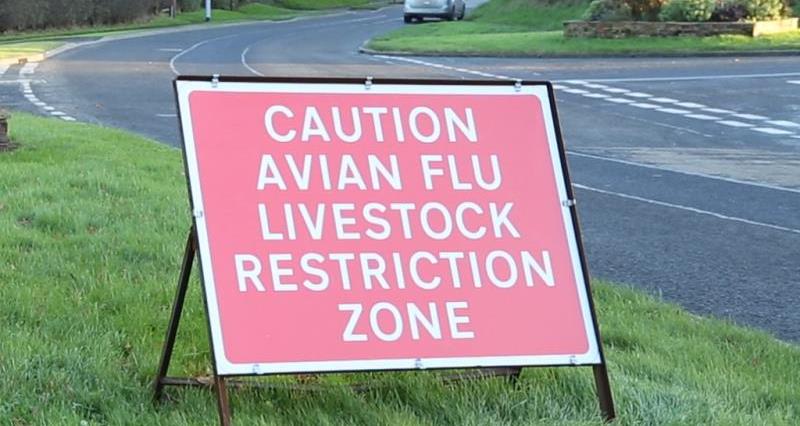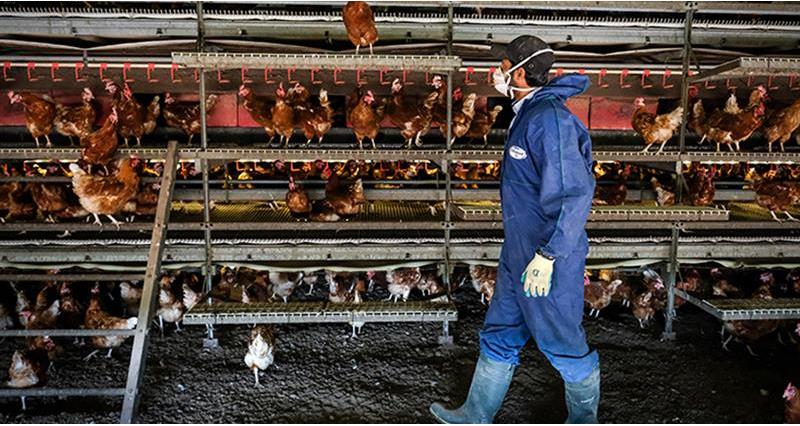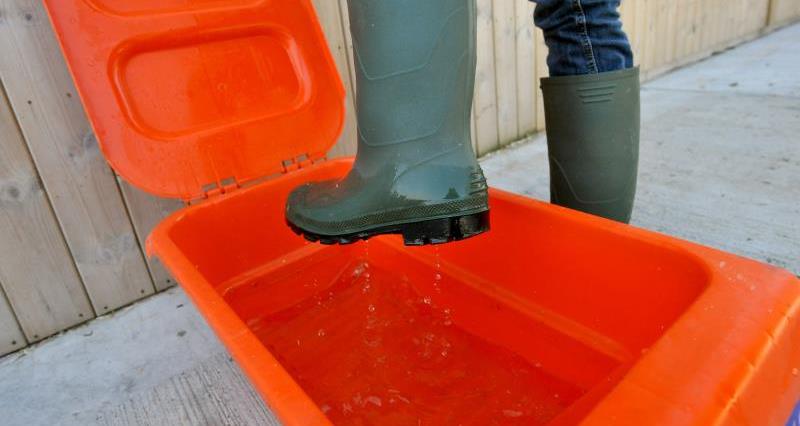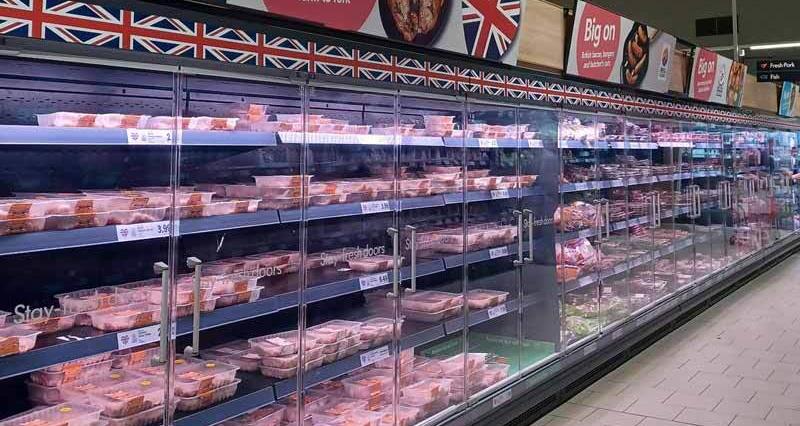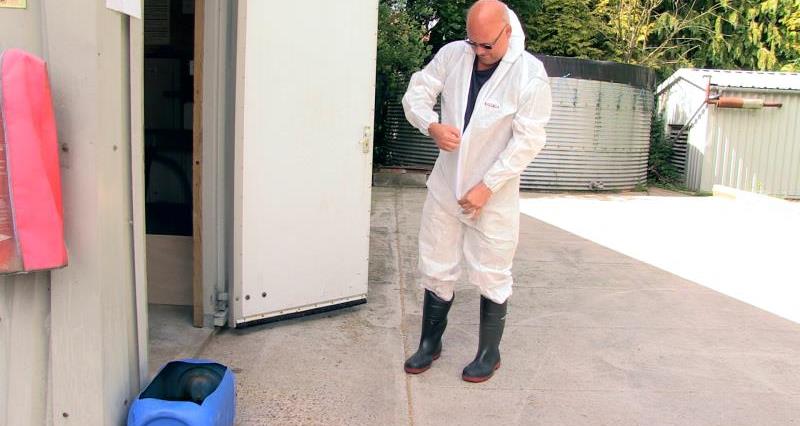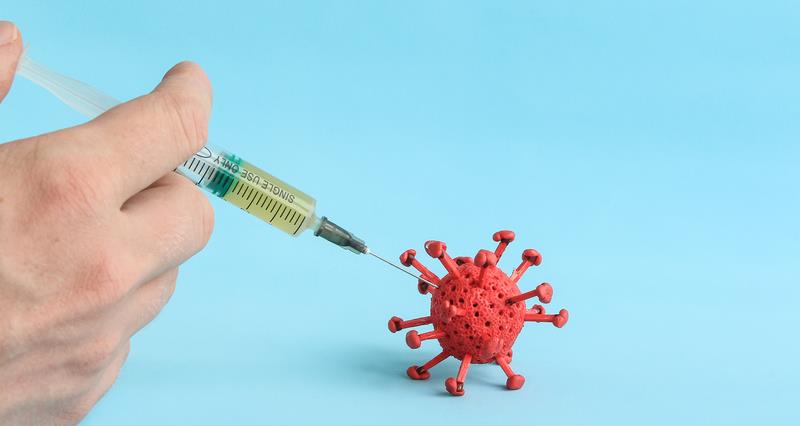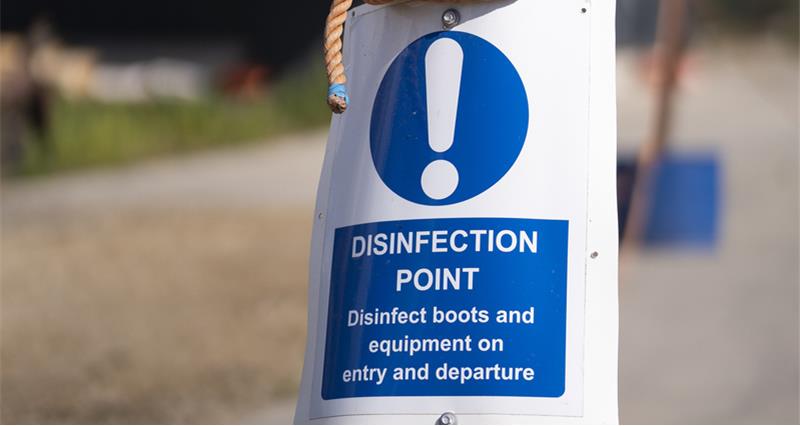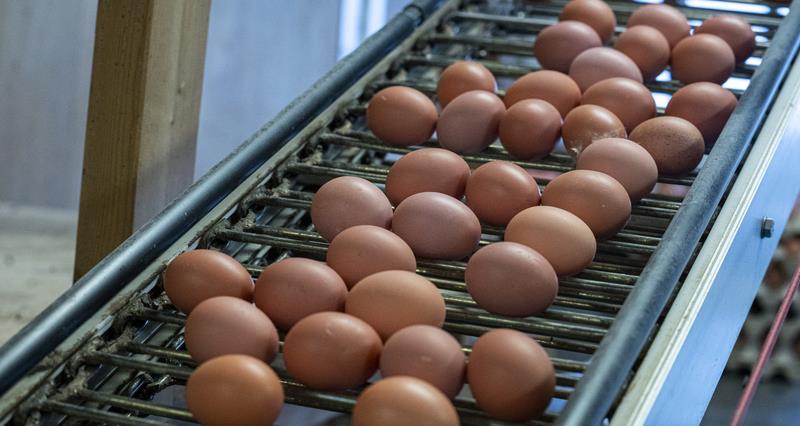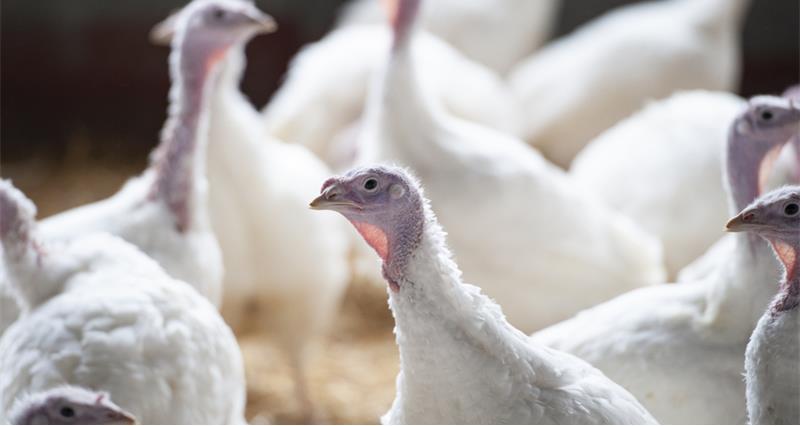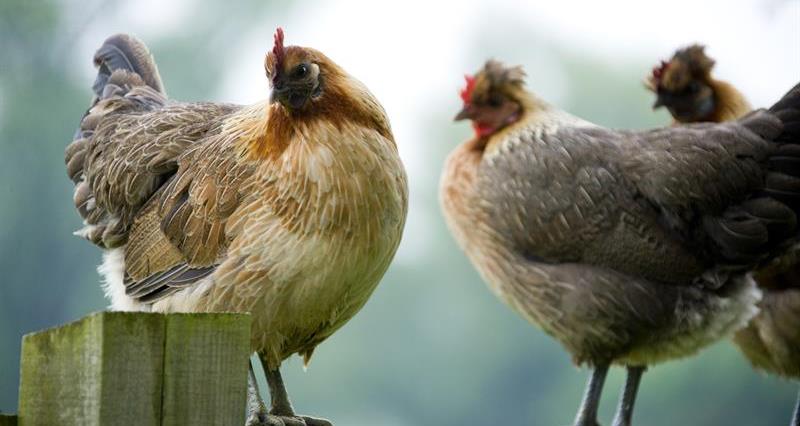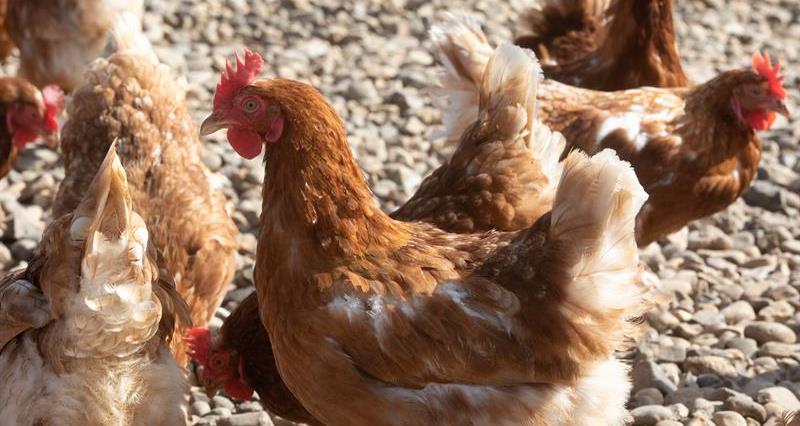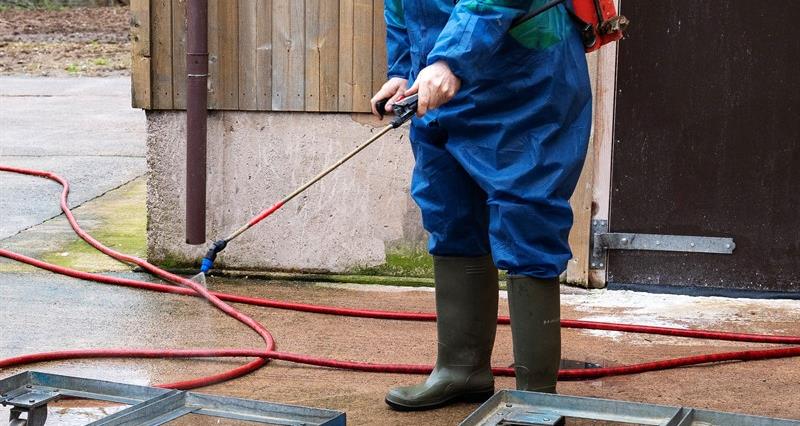“Avian influenza continues to threaten the UK poultry sector and disease outbreaks can put huge emotional and financial strain on farming families.
��
“Farmers work hard to protect the health and welfare of their birds and it’s devastating to see that compromised. This is why we all need to find effective ways to protect our birds and our farm businesses.
“In light of recent cases of avian influenza being confirmed in poultry at an untraditional time of year, I urge all bird keepers, regardless of how many birds they keep or where they are located, to remain vigilant and maintain stringent biosecurity measures.
We must all play our part in minimising the impacts of this awful disease.”
NFU poultry board chair James Mottershead
As of 15 May, regional housing measures no longer apply, however the AIPZ is still in force. Read: AIPZ housing measures lifted
Current risk levels – HPAI H5
- High in wild birds
- For poultry and other captive birds –
- medium (event occurs regularly) (with medium uncertainty) where there is suboptimal or poor biosecurity
- low (event is rare but does occur) (with low uncertainty) where stringent biosecurity is consistently applied at all times
More information on the current risk level can be found by visiting:
Bird gatherings banned in England, Scotland and Wales
From midday on Monday 10 February 2025 bird gatherings of poultry, galliform or anseriform birds are banned in England, Scotland and Wales. Visit:
The ban includes ducks, geese, swans, pheasants, partridge, quail, chickens, turkeys and guinea fowl.
Gatherings of other captive birds will continue to be permitted, though you must follow and meet all the requirements. See:
For the latest situation in Wales, visit:
For the latest situation in Scotland, visit:
Reporting suspected bird flu
If you suspect bird flu in poultry or other captive birds, you must report it immediately:
- England – call 03000 200 301
- Wales – call 03003 038 268
- Scotland – find your local
Any dead waterfowl or wild birds that you find on your land must be reported to Defra so they can be tested. Visit:
For more information on signs, symptoms and reporting, visit:
Public information on reporting
Members of the public are encouraged to report dead wild waterfowl (swans, geese or ducks) or gulls, or five or more dead wild birds of other species in the same location to the Animal and Plant Health Agency helpline on 0300 303 8268.
This can be done by:
- Visiting:
- Calling: 03459 33 55 77
Your health and wellbeing
Your health and wellbeing matters.
If you are subject to an outbreak of AI, it is understandable to feel an increase in stress or anxiety. There are a number of rural charities and support networks that can offer help to those in need.
If you are struggling or know someone who is, know that you are not alone. Our health and safety team have put together a list of available organisations that can support you, both nationally and locally.��
